Description
Cultural Writing. Essays. These entertaining and insightful essays are gathered from Daley’s years traveling, working, writing, and finding his way in America’s far west and beyond. With lyric grace and disarming honesty, he captures the optimism, experimentation and self-discovery that marked the 1970s and 80s for a generation. Traversing the shifting ground between meditation and memoir, Daley offers a unique take on our time and culture. Whether traveling by freight-train, fishing boat, boot leather or thumb, his perspective is always fresh and inviting. Daley’s language is tuned the music of the moment, and his poet’s eye is alert to details that bring his essays to life. Looking back over his own life—from early seminary days in Boston, poetic rambles “on the road” in the West, teaching English in Hungary—he scrutinizes our culture and offers a disarming portrait or an artist coming to terms with his and our history.

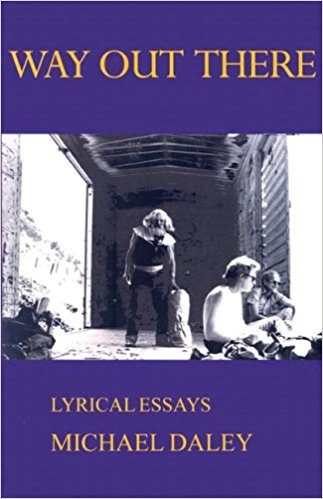
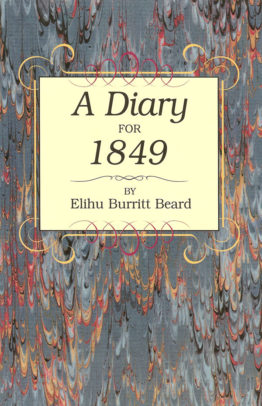
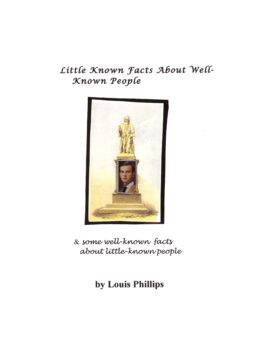
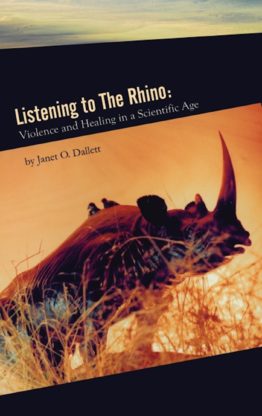
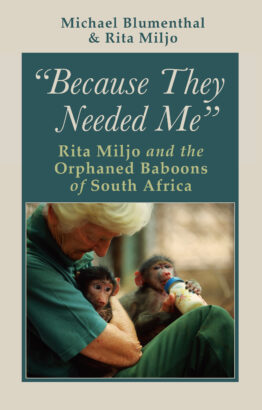
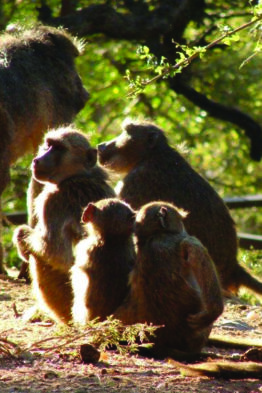
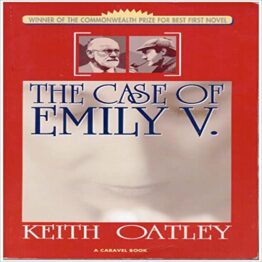
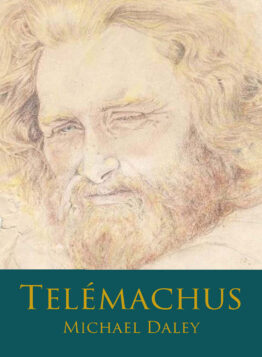
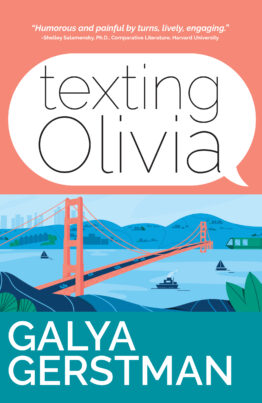
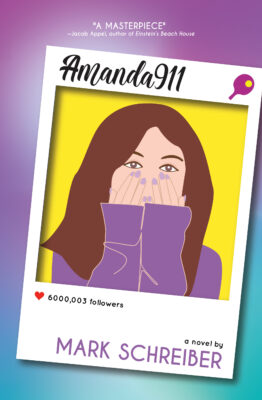
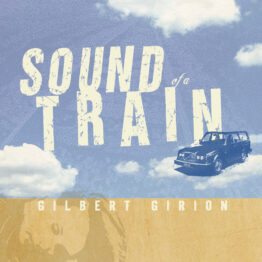
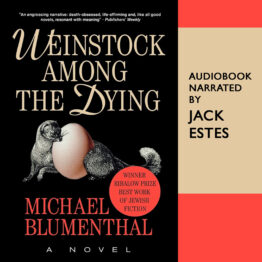
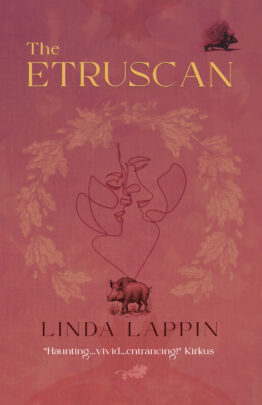
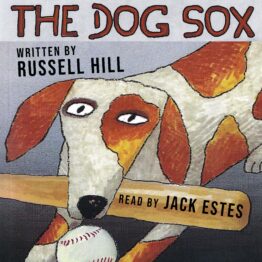
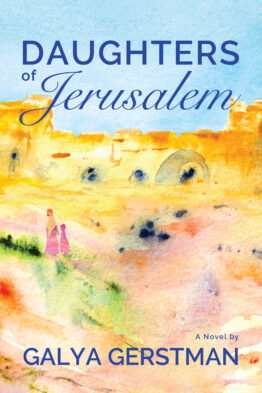
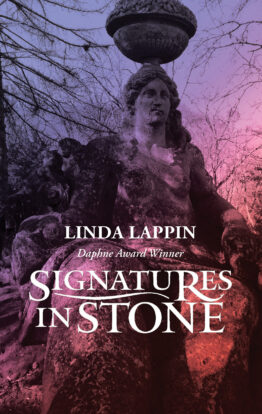
J. Glenn Evans for PoetsWest –
One of the most satisfying reads I’ve had in a very long time. This giant of a man has been well hidden by a modest demeanor in daily life. Daley’s array of experiences range from a student priest to a hobo, fisherman, tree planter, laborer, traveler, teacher, husband father, publisher and poet….
Critic William Bridges –
I can hardly think when a book has spoken to me as well, or in as many ways, as Mike Daley’s Way Out There: Lyrical Essays. This was not completely apparent on first reading; too old to have experienced the ’60s, I read those chapters distantly, as another well-written counterculture narrative. But Daley brings an unusual sensibility–that of a poet, teacher, and naturalist, with years of preparation (aborted at the last moment) for the Roman Catholic priesthood. He is a brilliant and quiet observer: read The Duckabush, the Dosey, and the Hamma Hamma– for an explanation of why national parks won’t save the planet. ‘Climate & Currency’ is as good an essay on economics as I’ve read. Daley’s range is wide, from refugees, to how he became a poet, to his time in a Budapest hospital just after 9/11. This is a memoir that glints and deepens, like light and shadow on a stream. In fact a river figures in what is to me the most memorable essay, ‘For the One Among Us Who Will Be the First to Die.’ Into this deceptively simple account of an ice-skating expedition, Daley has woven first love, the natural world, and his decision not to become a priest. It is an incomparable short story. This is a book to read more than once-maybe even more than twice.